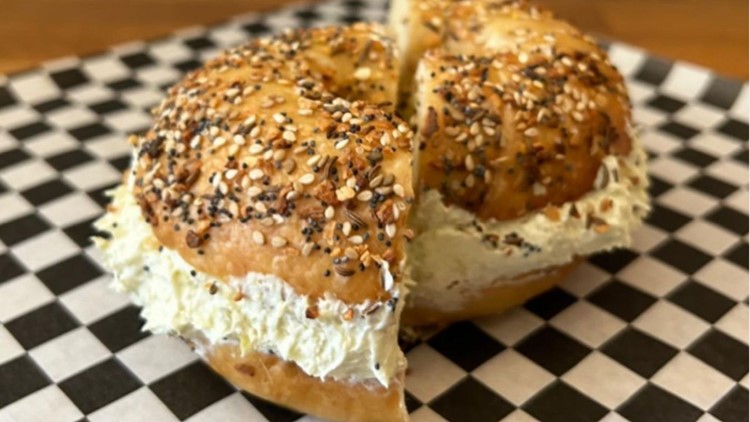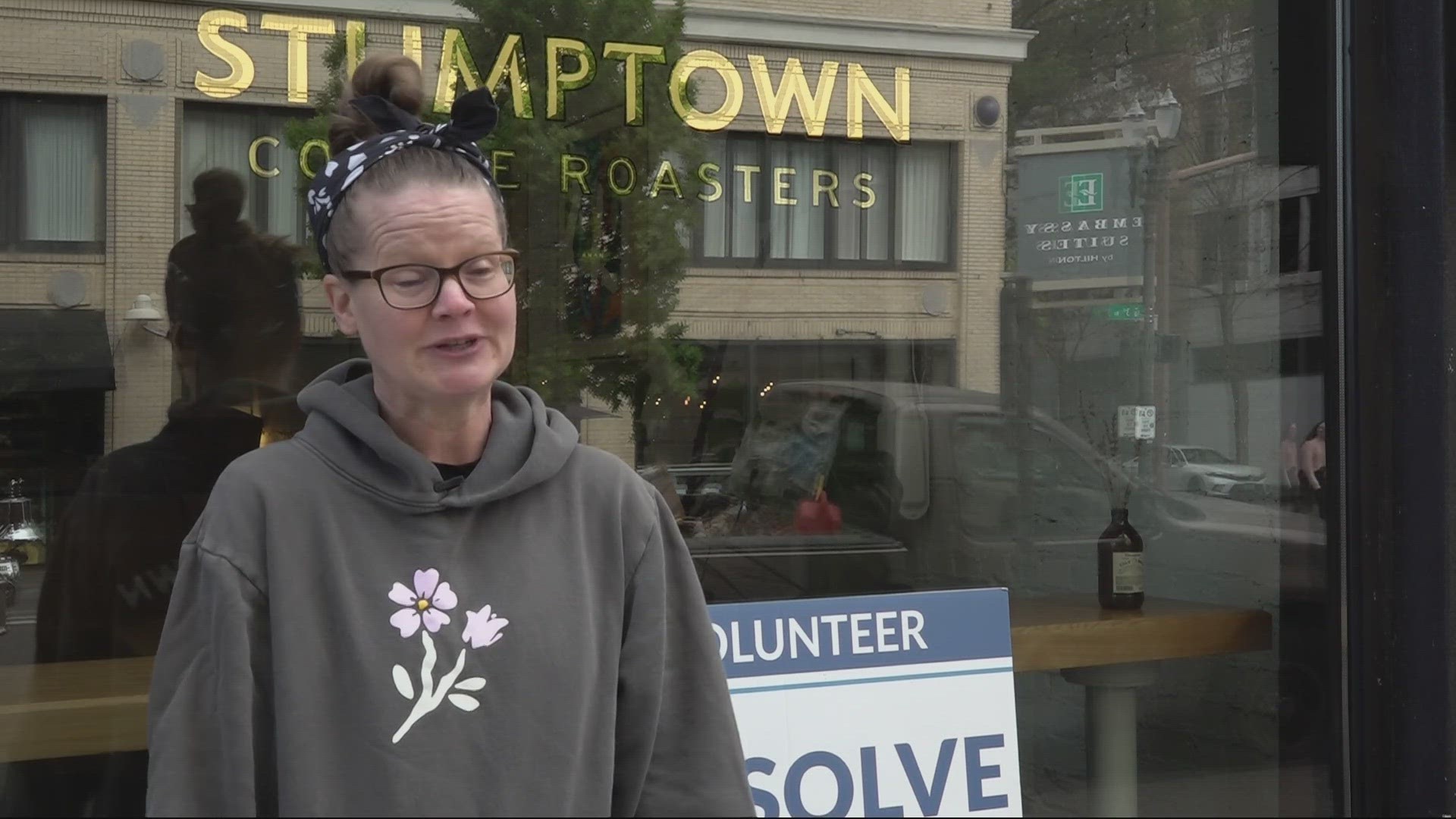PORTLAND, Ore. — A famed bagel shop in North Portland is doing away with tipping, but instead of replacing it with a service charge as more typically seen, Bernstein's Bagels is opting to increase its menu prices by 20% to give workers an overall wage increase.
Bernstein's Bagels co-owner Noah Bernstein said that this model hopes to better guarantee what workers earn at the end of the day rather than depending on the inconsistent nature of sales. The shop also plans to expand its benefits package for employees.
"The restaurant industry is one of really a few you go to work, and you don’t exactly know what you are going to make in a day," Bernstein said. "I don’t think that is really right or fair."
He added that each of their nine employees already make above minimum wage, and with the menu price change, they were able give everybody a $14 per hour raise.
As for menu prices, their popular bagel sandos will increase from around $10 to be closer to $12-$13. Since there will be no tipping or any other added fees, Bernstein said he hopes customers see the menu prices and feel comfortable knowing exactly how much they will be paying. The shop said it will also get rid of the service fee and tipping option for online orders as well.
Bernstein's Bagels opened in 2017 in the St. John's neighborhood primarily as a take-out shop, then moved to its current location along North Russel Street in 2018. Last year, Bernstein's Bagels was featured on a list as one of the "very best" bagel places in the U.S., along with other top-tier bagel joints outside of New York.
The shop's move away from tipping follows a growing trend among popular Portland restaurants — such as Kachka, Scottie's Pizza and Nostrana — opting to include a 20% to 22% service charge in its place.
While the bagel shop is Bernstein's first restaurant, he has a long history of food service jobs that predates it — plus a career as a jazz saxophonist in around 15 bands in Portland over the years.
When working in Ohio as a bartender, Bernstein said he earned $2.13 an hour, and after eating at the restaurant his paychecks would often show a negative balance.
"So, really like living only on tips," he said. "And so even from that point, it was like 'Why, why is it like this? Why is my entire livelihood based on the kindness of strangers?'"
During the pandemic, he observed that there started to be a shift in the way businesses and customers think about tipping. Typically, it was more accepted with servers and table service. But then, restaurants converted to counter service or did only to-go orders.
"A lot of that focus really changed from the service that you are giving to somebody to, ‘Hey, we as service industry members need to make a living,'" Bernstein said.
He added that it has become a big sticking point in the industry. While some restaurants have been addressing this with auto-gratuity charges or service fees, Bernstein said he feels it can catch some customers off-guard.
"To me, it's just why don’t we pull the other lever and raise the price of food to make it reflect more of what it actually costs," Bernstein said. "The more restaurants do that, the more people will get used to seeing that actual price, and I think we could all benefit from it."



